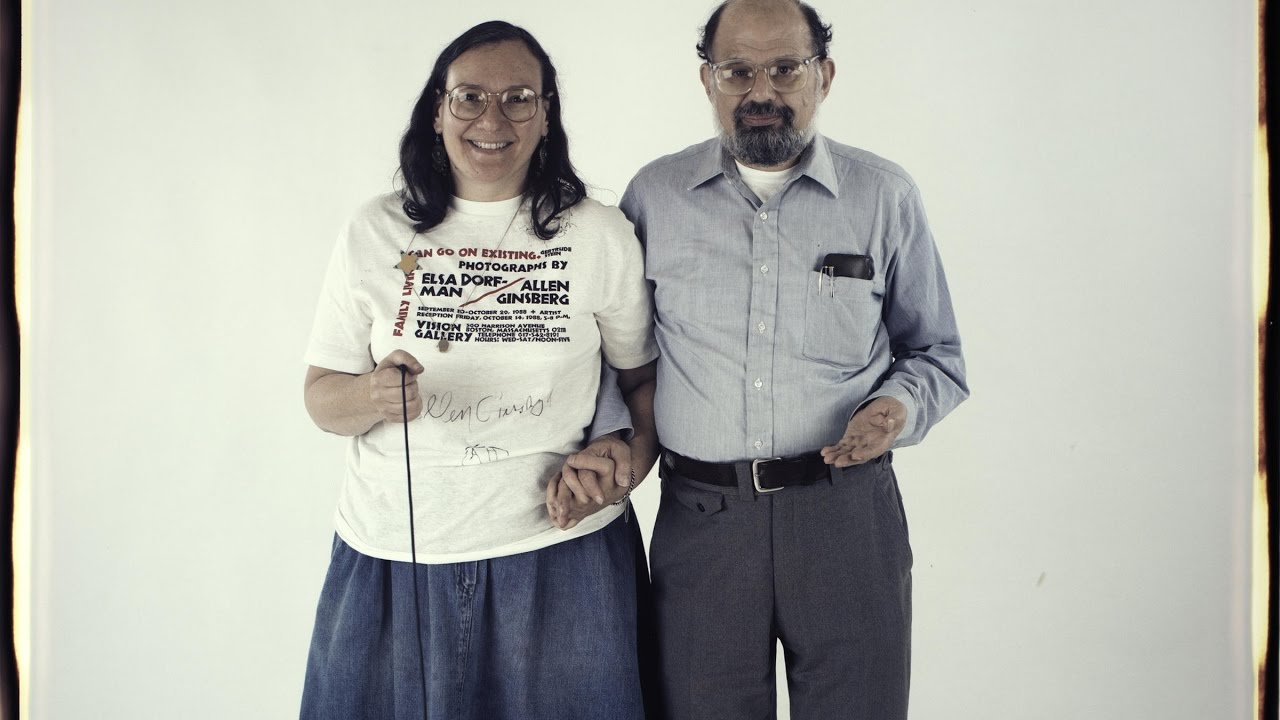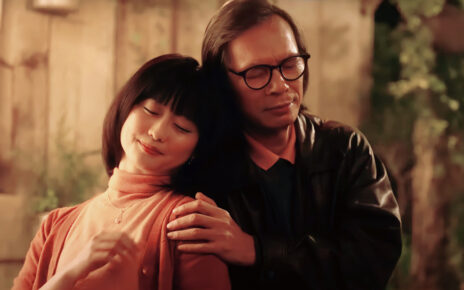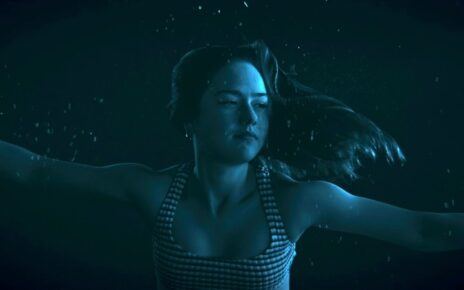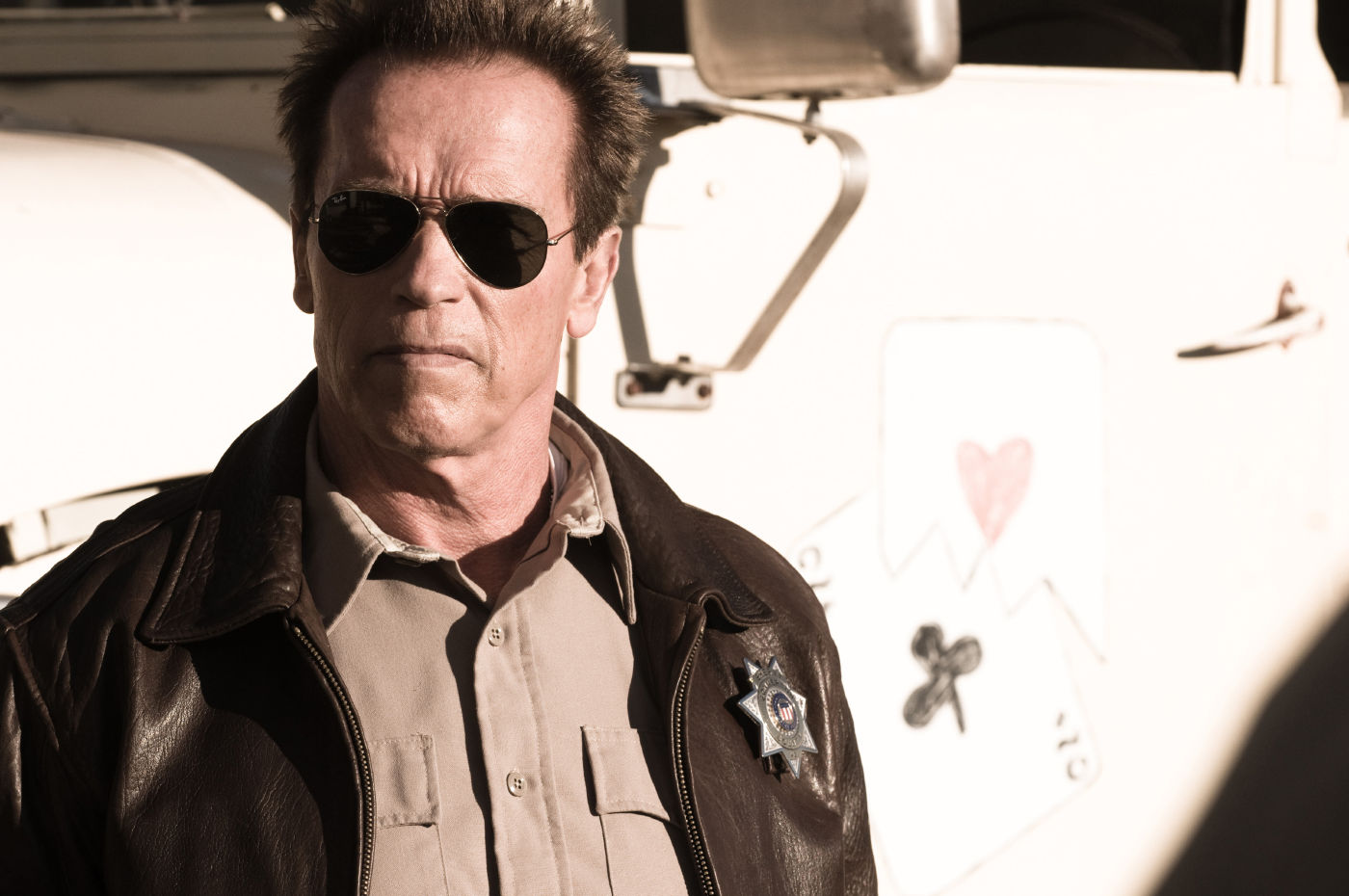Would you see a movie about you? I mean, aside from just pure egotism, would you find your biography entertaining? I’m not sure mine would exactly bore one silly, but I certainly wouldn’t choose it; people emerging from my biopic would be bound to comment, “Wow. He was really, really into baseball.” And now I’m really, really into movies. And Elsa Dorfman was really, really into taking photographs. I’m not sure any of that merits a biopic, but I haven’t got the talent of Errol Morris.
Amiable octogenarian Elsa Dorfman never held a camera until she was an adult. She became enamored after a boss failed to patronize when handing her a camera and asking her to shoot something. A love affair was born. Once she discovered photography, Dorfman decided her next calling was name-dropping. This is what she did in the 1970s: hang out in Manhattan book/café shops with B-list erudites. If you sit long enough, Elsa will take your picture between scones.
Elsa’s world changed when Polaroid invented the instamatic; the change wasn’t instamatic in itself – Elsa glommed onto Polaroid’s new toy, a bulky machine that churned out 20”x24” instant color glossies, but it took her a while to get full use. After some negotiation, Elsa Dorfman got access to one in Boston and never looked back. Her bookstore b&w photos and her Polaroid instants represent the commentary of this film, which is essentially a one-sided workshop conversation with Elsa.
For somebody whose art is featured in the film, there are literally thousands of pictures of Elsa Dorfman herself. I would dare call Elsa, in fact, the inventor of the selfie. The invention of the shutter remote must have rocked her world – oh snap! (Literally) Seriously, on the premise that Elsa Dorfman wouldn’t feel comfortable putting anyone in a position she wouldn’t do herself, she snapped self-portraits constantly. The irony of this empathy (empathy and irony live together in perfect harmony) is that Elsa never posed anybody. Her shots almost always reflected people who dressed themselves and wore the expressions they wanted to wear. Elsa confesses liking to shoot happy people better, but acknowledges her art direction in life is extremely minimal.
It takes a while for the film to announce the significance of its title – the portraits we see (aside from the selfies, of course) are all rejects. Wait. “Rejects” isn’t quite the best word here. How about “runners-up?” Elsa Dorfman had a working studio. That’s “working,” which is to say the subjects themselves chose and bought the better prints, the ones we never see. Lemme get this straight, Errol Morris, you took a documentary about the lifetime of a Sears portrait studio and we don’t even get to see the good stuff? When you get right down to it, it’s not that Elsa Dorfman didn’t have an eye. She did. And it’s not that she isn’t engaging. She is. But none of that adds up to much more than 76 minutes of your grandmother namedropping. I can’t imagine this film being better than it is, yet I also can’t imagine recommending it to any but serious photography students.
have an eye. She did. And it’s not that she isn’t engaging. She is. But none of that adds up to much more than 76 minutes of your grandmother namedropping. I can’t imagine this film being better than it is, yet I also can’t imagine recommending it to any but serious photography students.
The B-Side: Elsa Dorfman’s Portrait Photography is, IMHO, the tamest R you will ever find. The language isn’t objectionable, nor is the drug use. There is no violence, of course. Why the R rating? Nudity in photograph form. That’s it. I’m serious. And how much portrait nudity? A half-second clip of Elsa herself. That’s an eighty year-old woman giving us a glimpse of herself at age 42. And full-sized Allen Ginsberg, who apparently loved to get naked on film. MPAA, you have given a R rating to a photograph of a photograph of Allen Ginsberg’s dong. This is noble work, MPAA. Thank you for shielding this from younger eyes. Now, no child clearly enamored by the glamorous life of file drawer photo restoration will make the mistake of being accidentally exposed, third-hand, to the shorn, flaccid penis of a lesser-known American icon best known for contemplative beat poetry.
The once was a woman of feist
Who filmed 1970s zeitgeist
Her work? Professional
Yet here’s my confessional
Her bio could sure use a heist
Rated R, 76 Minutes
D: Errol Morris
W: A picture is worth 1,000 words, I’m told
Genre: Pictures-in-picture
Type of person most likely to enjoy this film: 1970s NYC café house Bohemians
Type of person least likely to enjoy this film: People who don’t know a non-cell phone world



